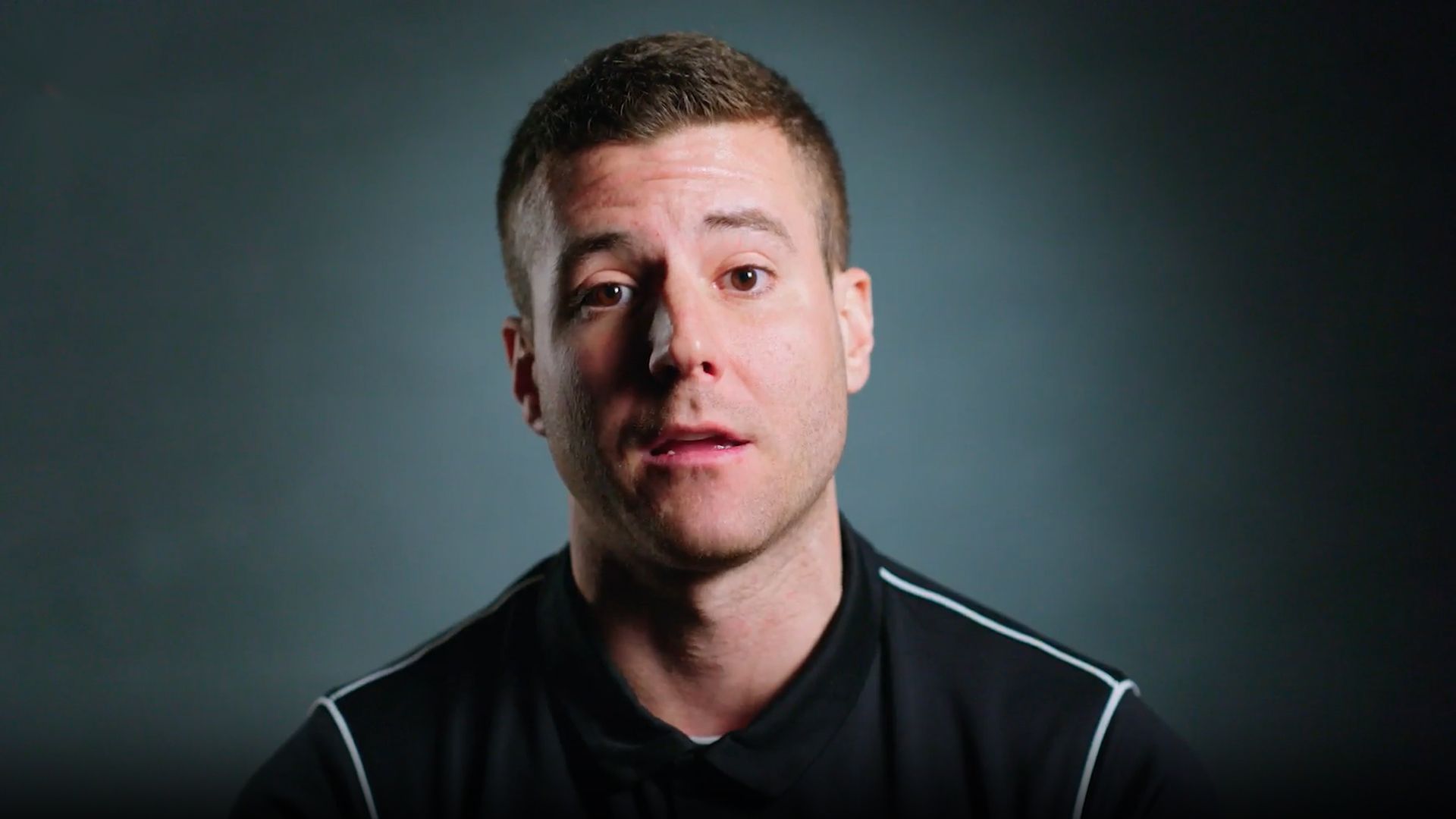#PGAM2023: Culture of Care, Welfare, Conscience

Our fourth and final focus week of Problem Gambling Awareness Month 2023 sees us asking organizations to consider a ‘Culture of Care, Welfare, Conscience’ for the people under their jurisdiction.
In previous weeks, we have drawn upon lived experience to help explain why there are regulations, performance or reputational-based reasons to make gambling harm awareness a priority for your people, but we conclude with the moral angle, where we believe that it should form part of every organization’s desire to ensure the wellbeing of those within their care.
Six members of our lived experience team in the US (in order of appearance: Mike Huber, Ryan Tatusko, Greg Weber, Liz Thielen, Patrick Chester and Dan Trolaro) have contributed to this week’s final video showcase on the subject, explaining why they believe this is so important and also sharing some examples from their own lives to highlight why an approach that puts this subject front and center can have more positive outcomes than the scenarios they lived through.
To watch the engaging feature to which they have all contributed, please click here, or read on for a transcript of their thoughts…
Mike Huber: “I think if I would’ve been exposed to the work that I’m doing now as a member of the EPIC team and helping to prevent problem gambling, I think I would’ve been less likely to get to the place that I got to, because I didn’t truly understand the dangers of gambling and what to look for and how it affect how it would affect my life.
“I thought it was normal and I thought it was okay. And it was never brought to my attention really that I had a problem or that it was a problem.”
Ryan Tatusko: “I had a boss who’s a CMO at the time, raise a little bit of concern with me to say, ‘Hey, I notice you’re watching games all the time. Are you okay? What’s going on?’
“Obviously he didn’t see my sportsbook account. I was very sneaky and I hid it. Whenever I would see him come down the hallway, my monitors were always back facing him. And I said, ‘yeah, I’m fine; I just like a little bit of background noise when I do my sales call’. He never thought anything about it.
“I truly hope that my story will help somebody out there not get to the level that I was at, recognize something in themselves or somebody else, and just reach out for that lending hand and say, ‘it’s okay to not be okay’.”
Greg Weber (main picture): “Some of my coworkers have expressed to me that they knew that things were kind of taking a turn for the worst and they regret not saying something to me about my gambling.
“But I think with the access [to wagering] and how easy it is, it’s just very hard for somebody to realize the harm that you could be doing, because there’s just no way to know and it’s just so easily accessible.
“When gambling takes up more and more of your time and becomes more and more of a priority, just be aware that it can be a problem. Gambling addiction is something that is real and that needs to be talked about.
“There’s still a stigma behind gambling addiction, unfortunately, where people don’t ask for help. They might not even know that it’s a real addiction. Help is available, but unfortunately, I didn’t seek help. I never really viewed gambling as an addiction, such as opioids such as alcohol. I didn’t know that there was a program or treatment for gambling.”
Liz Thielen: “You can be gambling yourself and not even realize what you’re doing and that it’s a problem.
“Even in the work that I was doing, I was working with people with alcohol problems, cocaine problems, opiate problems… nobody talked about gambling, nobody brought it up.
“It wasn’t until I started working in the gambling services that this all came to light.
“I remember being in training and the trainer talking about different aspects of problem gambling, and I was sitting there actually embarrassed… mortified… somehow thinking that they could tell that that was me, that I had done that. Then it would be working with people and hearing things that were very familiar to me.”
Patrick Chester: “I also want to be there for people that are in the dark and don’t know that there are resources and people out there that can help them, and so the opportunity to join up with EPIC was, to me, a no-brainer.
“EPIC is in complete alignment with what I want. I want to raise awareness. I want to educate people about the dangers of this, because many people just don’t understand it.”
Dan Trolaro: “Accessibility matters. We have so much accessibility to gamble.
“We also need that same level of accessibility for support services, for care, for access to education and awareness and to make sure that people are given the support and the services, not that they need, but that they deserve.”
To review all of the topics that we have been discussing throughout Problem Gambling Awareness Month, please see the #PGAM2023 playlist on our YouTube channel for a range of thought-provoking videos.
We are proud to serve the people of the United States through our gambling harm minimization programs and look forward to spreading that key message far beyond the parameters of the ongoing awareness month that we have been keen to support.